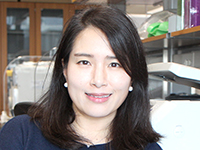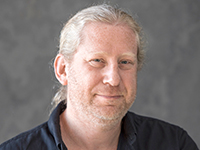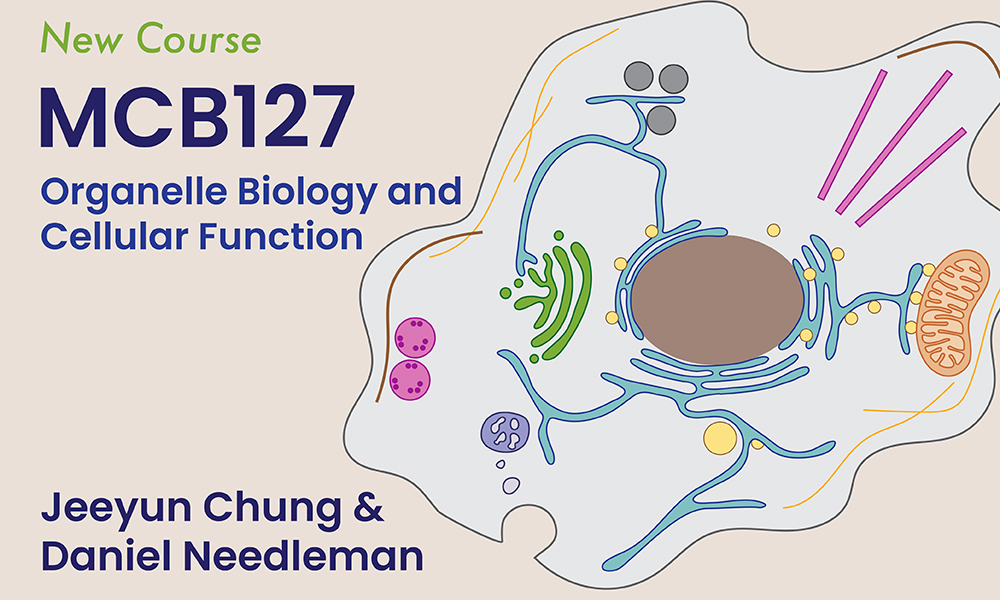Eukaryotic cells rely on subcellular organelles to compartmentalize their metabolic and signaling processes, dividing their cytoplasm into compartmentalized organelles to provide precise spatial-temporal control and enhance the efficiency of many subcellular processes by concentrating the required components in a confined space within the cell.
This course builds upon and extends concepts introduced in LS1a and LS1b, exploring in depth the mechanisms by which cells compartmentalize specific functions into organelles and how their crosstalk shapes cellular metabolism and physiology. Additionally, the course will cover how dysregulation of organelle functions leads to the pathogenesis of various disorders and explore therapeutic strategies for modulating organelle regulation. It is designed to broadly attract students interested in careers in research and medical science.
We will cover major subcellular organelles that play critical roles in cellular metabolism, including the ER, mitochondria, lysosomes, lipid droplets, and peroxisomes.
This course consists of weekly, in-depth lecture sessions and primary literature discussion sessions. Each week, you’ll engage in complementary sessions — ‘lecture’ and ‘discussion’ — that help enhance your understanding of how the current knowledge of organelle biology has been shaped by research and what open questions remain in the field.
Meeting Time: Tuesday 12:00 PM – 01:15 PM; Thursday 12:00 PM – 01:15 PM
This course presents an exceptional opportunity to explore the importance of subcellular compartmentalization and its unique contributions to cell metabolism in physiology and diseases.
Instructors: Jeeyun Chung and Daniel Needleman







